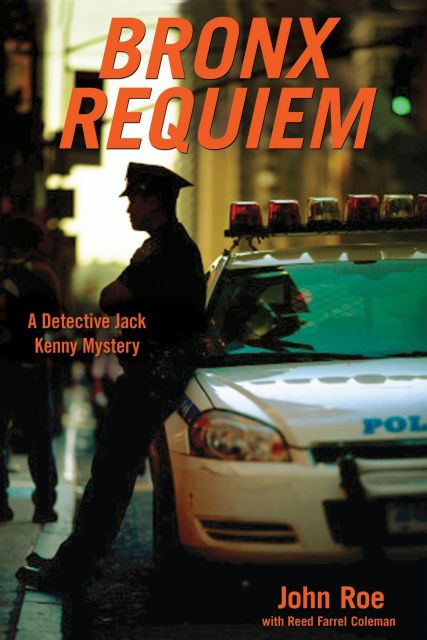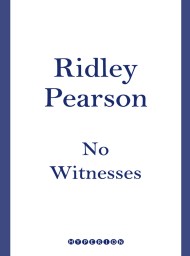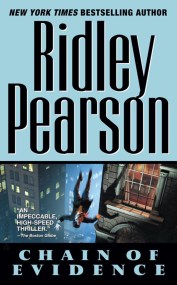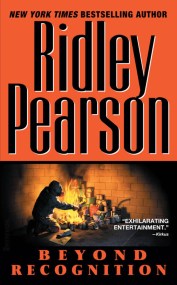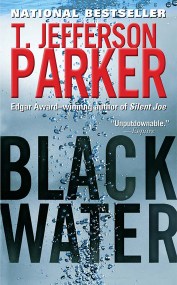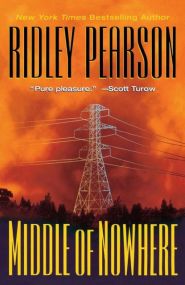Bronx Requiem
A Detective Jack Kenny Mystery
Contributors
By John Roe
With Reed Farrel Coleman
Formats and Prices
Price
$4.99Price
$6.99 CADFormat
Format:
ebook (Digital original) $4.99 $6.99 CADThis item is a preorder. Your payment method will be charged immediately, and the product is expected to ship on or around November 6, 2012. This date is subject to change due to shipping delays beyond our control.
Also available from:
Detective Jack Kenny doesn’t like keeping secrets. Conservative, stubborn, and frustrated by institutional red tape, Detective Jack Kenny solves crimes the old-fashioned way. If there’s anything that thirty-plus years in the NYPD–or being born into a family of Irish Catholic cops–teaches you, it’s that good police officers need little more than a badge, a six-shot revolver, and some seasoned street smarts to get the answers they need. Kenny’s partner, the young, beautiful, and technologically savvy Carmen Romero, believes that computers–not hunches–are the key to identifying and catching today’s toughest criminals. Together, Kenny and Romero make a pairing as fiery as it is effective. But when a new witness to the grisly, thirty-year-old “Bronx Barber” murder comes forward, linking the brutal slashing of a prostitute with an NYPD stag party gone wild, the duo’s skills and loyalties are put to the test like never before. Suddenly, Jack’s long-deceased first partner is implicated in the crime, and an unpaid debt drives the veteran detective to get to the heart of a secret that the NYPD would prefer to leave in its past. With pressure escalating and time running out, Kenny and Romero’s frantic search for truth will put their careers, reputations, and lives at stake. Along the way, they’ll learn just how strong the ties that bind New York’s Finest really are.
Genre:
- On Sale
- Nov 6, 2012
- Page Count
- 288 pages
- Publisher
- Hachette Books
- ISBN-13
- 9781401304645
Newsletter Signup
By clicking ‘Sign Up,’ I acknowledge that I have read and agree to Hachette Book Group’s Privacy Policy and Terms of Use
